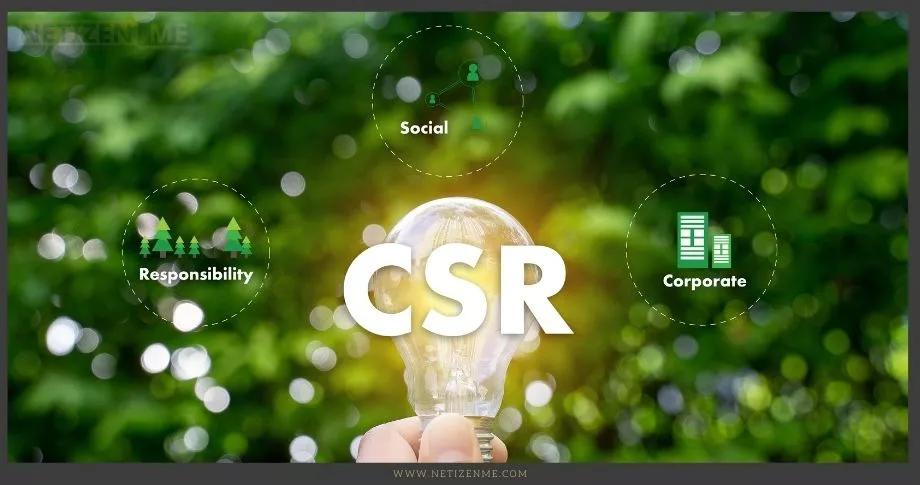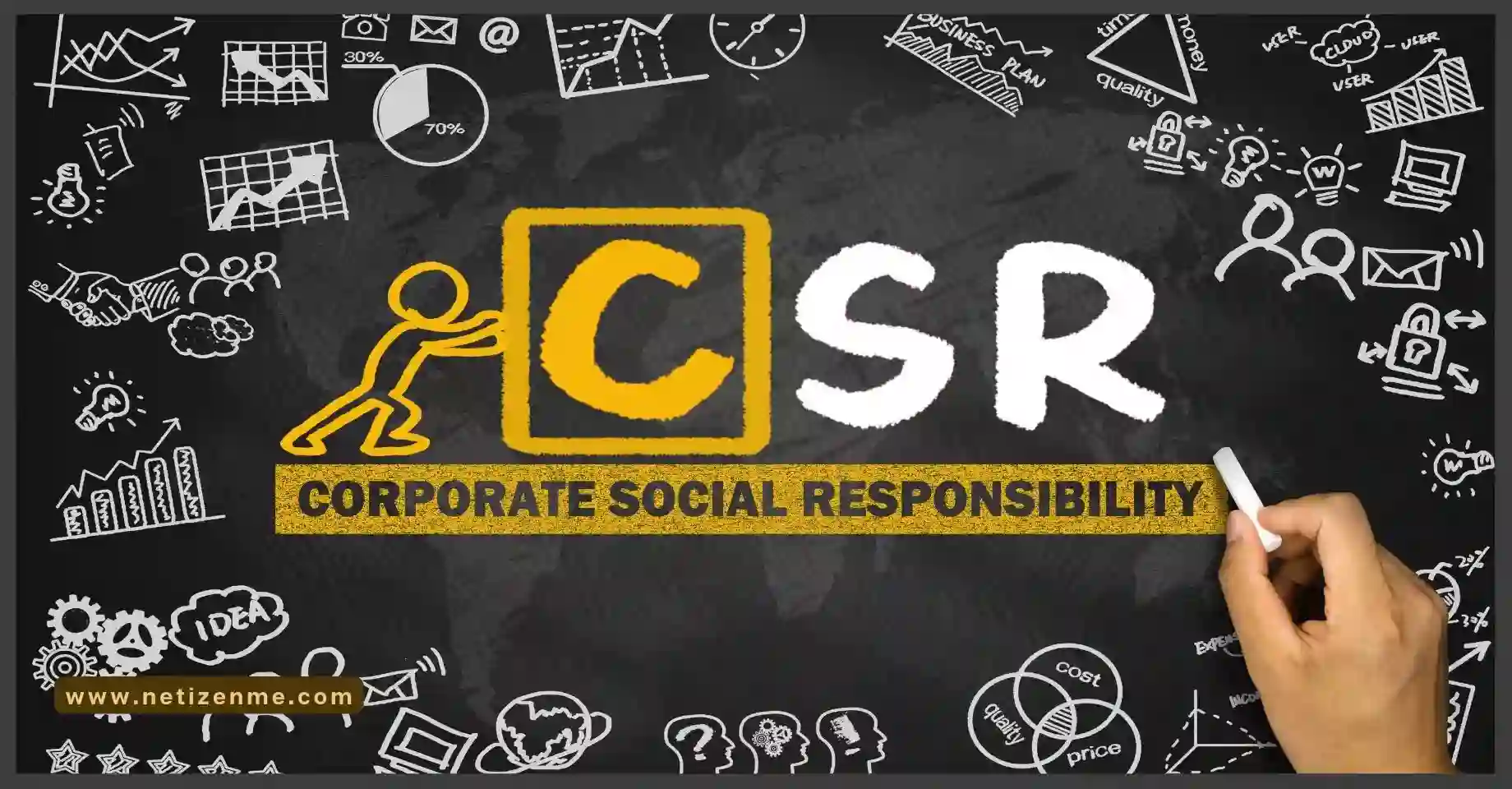In an era where ethical business practices and social responsibility hold increasing significance, imagine your multinational corporation in the consumer goods sector is facing critical ethical and legal challenges. Imagine you have to address accusations of worker exploitation, including child labor, low wages in developing countries, and concerns about environmental degradation. Your company’s reputation hangs in the balance, and you must take proactive steps to rectify your past mistakes, support ethical behavior, and regain the trust of your stakeholders through a robust Corporate Social Responsibility (CSR) strategy. What should you do?
Identifying the Ethical and Legal Concerns
Imagine your company has faced substantial criticism of worker exploitation, primarily in developing countries such as Pakistan, where labor laws may be lax. The accusations of using child labor, paying unlivable wages, and contributing to environmental degradation cannot be ignored. These issues tarnish your reputation and expose us to legal risks in those regions, potentially leading to severe consequences.
For example, Nike was explicitly accused of engaging in various unethical practices during the 1990s due to their expansion into numerous low-cost Southeast Asian countries; child labor, poor health and safety conditions, cruel working conditions, and low pay were all examples of these unscrupulous practices. When these investigations were made public, Nike came under fire from consumer advocacy groups, labor unions, and human rights campaigners. Consequently, this had a detrimental effect on Nike, its brand, and its company.
How to Support Ethical Behavior and Improve Reputation
- Worker Empowerment and Fair Wages:
You must eliminate child labor and ensure fair wages for all employees in your supply chain. This can be achieved by establishing strict supplier guidelines, auditing practices, and investing in worker education and skill development programs. - Sustainable Practices:
Environmental responsibility is crucial. You should implement sustainable production methods, reduce waste, and minimize your carbon footprint. Transitioning to renewable energy sources and promoting recycling can showcase your environmental commitment. - Transparency:
Your company must be transparent about our supply chain, manufacturing processes, and labor conditions. Regular reports and open communication will foster trust among consumers and stakeholders. - Ethical Marketing:
Your advertising and marketing campaigns should be honest and not mislead consumers. Ethical marketing enhances your credibility and builds lasting relationships with your customer base.
The Role of Corporate Social Responsibility
Corporate Social Responsibility (CSR) is not just a trend but a fundamental component of modern business. It encompasses your commitment to ethical practices, environmental sustainability, and social welfare.
Through a comprehensive CSR strategy, you can regain the trust of your stakeholders:
- Stakeholder Engagement:
Involve stakeholders in decision-making processes, listen to their concerns, and address them transparently. You rebuild trust by demonstrating your commitment to their interests. - Community Investment:
Invest in the communities where you operate. Supporting local education, healthcare, and infrastructure projects shows your dedication to improving the lives of those impacted by your business. - Ethical Leadership:
Your leadership team must embody ethical values. Leaders who promote integrity and accountability set the tone for the organization. - Global Impact:
Recognize the global impact of your actions. By implementing ethical practices in every aspect of your operations, you contribute positively to the world.
In conclusion, your ethical concerns and legal challenges demand a comprehensive transformation in your business practices. By prioritizing fair wages, eradicating child labor, adopting sustainable methods, and embracing transparency, your company can rebuild its reputation and regain the trust of its stakeholders. A robust CSR strategy will enhance your business and contribute to a better world.
Embrace opportunities for positive change and emerge as a beacon of ethical leadership in the consumer goods sector.
Corporate Social Responsibility challenges – Sources for further reading:
Communities – Amazon Sustainability. (n.d.). Sustainability (US).
Green, M. (2022, March 25). Modern slavery audit checklist. skillcast. https://www.skillcast.com/blog/modern-slavery-audit-checklist
How to be an ethical leader. (n.d.). Business News Daily.
Oliveira, G. (2023). Environmental sustainability: the key to a brighter future. UGREEN.
Phases of the stakeholder engagement cycle. (n.d.). IW:LEARN.
Weaver, J. (n.d.). Ethics In Marketing: Balancing Profitability with Social Responsibility and Consumer Trust. www.linkedin.com.
This article is written by:
Our professional writers and editors are passionate about sharing high-quality information and insights with our audience. We conduct diligent research, maintain fact-checking protocols, and prioritize accuracy and integrity to the best of our capacity.
You can cite our articles under the author name "Netizenme"


